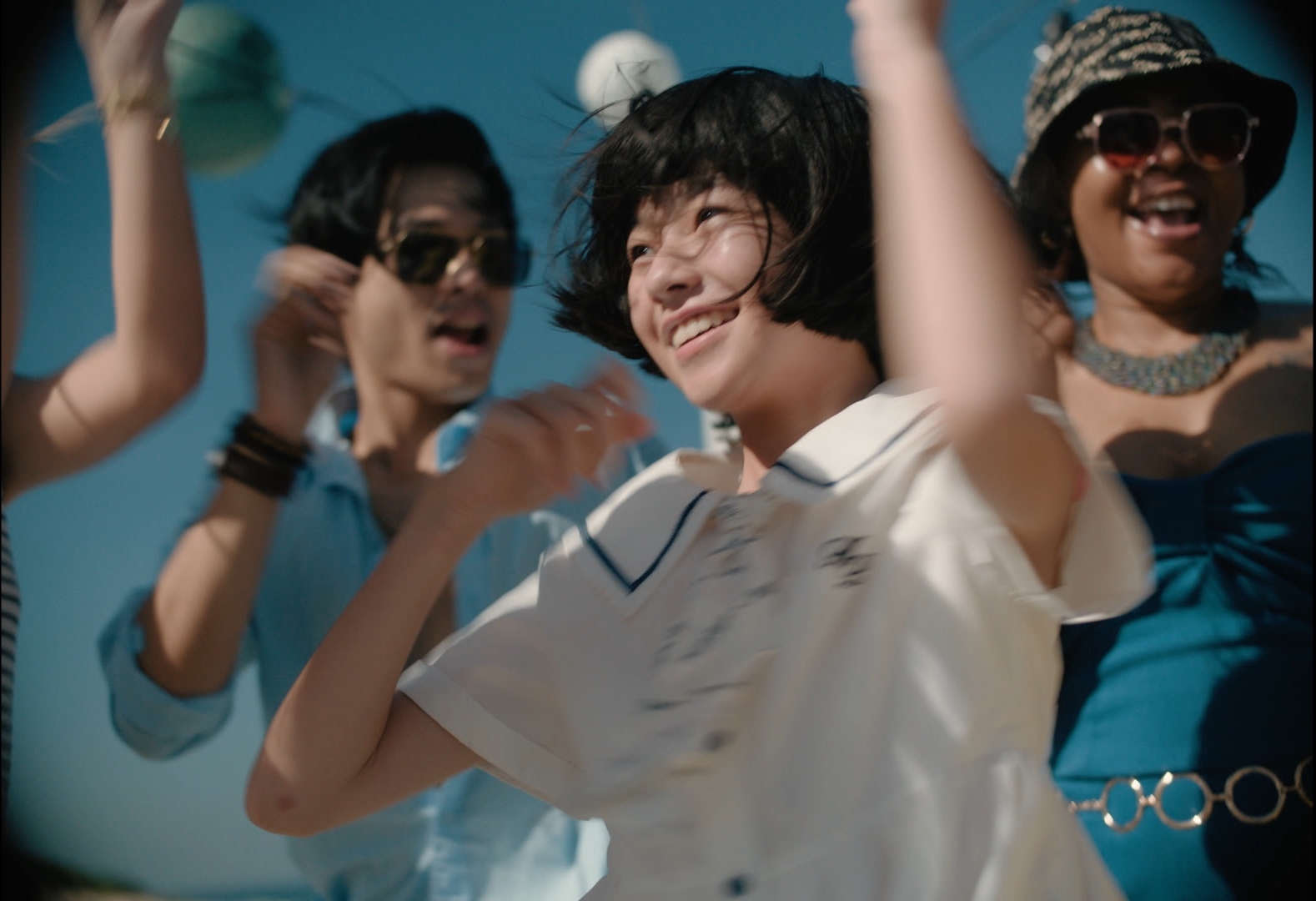
Chie Hayakawa takes inspiration from Sōmai’s masterful coming of age film Moving for her deceptively breezy sophomore feature.
The first few moments of Chie Hayakawa’s sophomore feature Renoir tell you everything you need to know. It opens with a dream of death. Our protagonist, 11 year-old Fuki Okata (Yui Suzuki), is sitting in front of a television set watching a montage of babies crying. As she lies in bed that night, a faceless man enters her room and strangles her to death. We cut to her funeral.
It’s a brief sequence, and the only time the film will be so direct in its morbidity. We next cut to Fuki awake, and begin following her through her daily life, with bits of information being fed to us through her eyes. Her mother is loving, but overwhelmed with stress; her father, from whom Fuki inherited her imagination and penchant for mischief, is fighting a losing battle with cancer. Fuki, herself, does what a child does: she plays with her best friend, she wonders around her surroundings with curiosity and pluckiness. And she observes, internalising the information around her—living in a place between not quite understanding what’s going on but at the same time instinctually aware that her world is changing.
It might take a moment to sync up with Renoir’s peculiar wavelength—deceptively breezy and slice-of-life-esque with a constant sense of grief humming under the surface of its frames—but make no mistake, the strange sense of tone is a deliberate choice by Hayakawa, who affectively expresses the confusing concoction of emotions with which a child might perceive death. A subtle come of age story, the film doesn’t pack a punch so much as it sneaks the feeling into your bones, softly, like a gardener burying seeds into the earth.
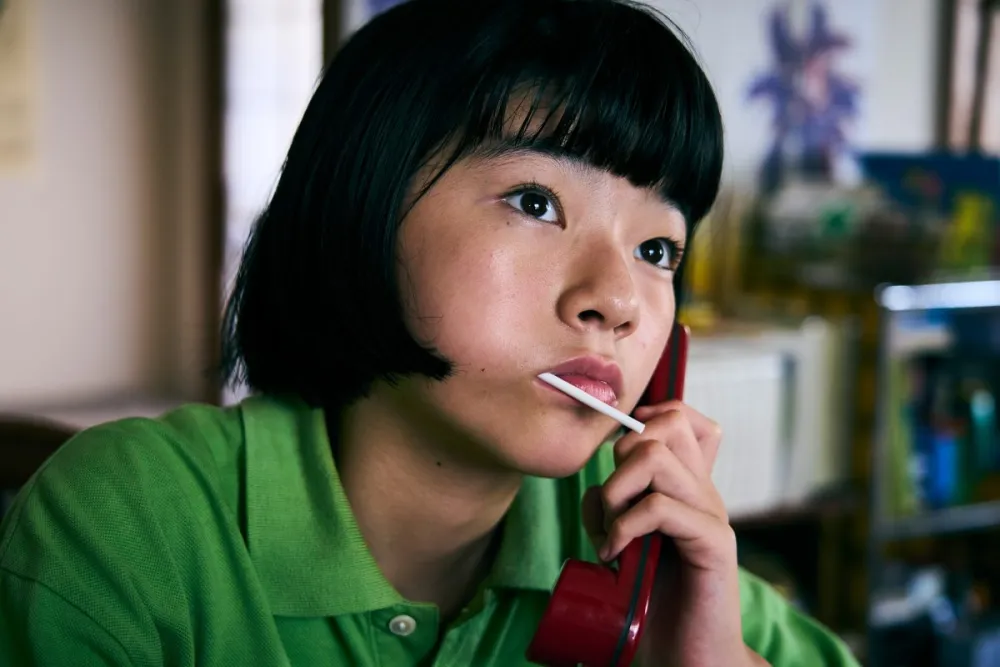
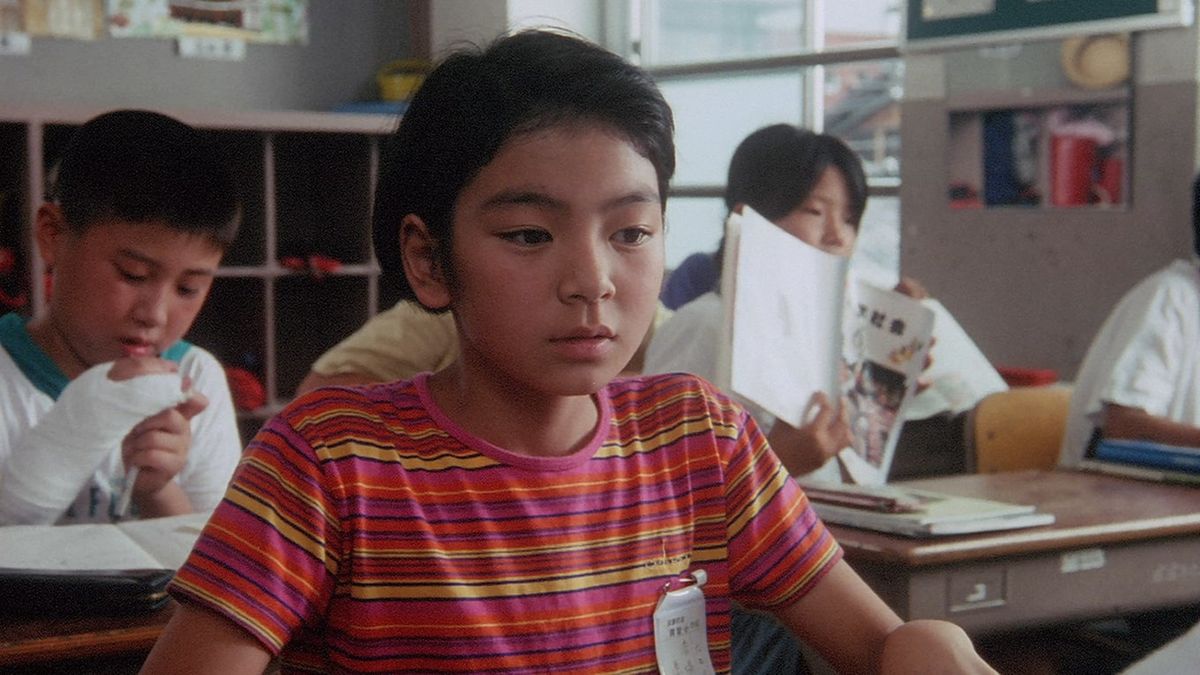
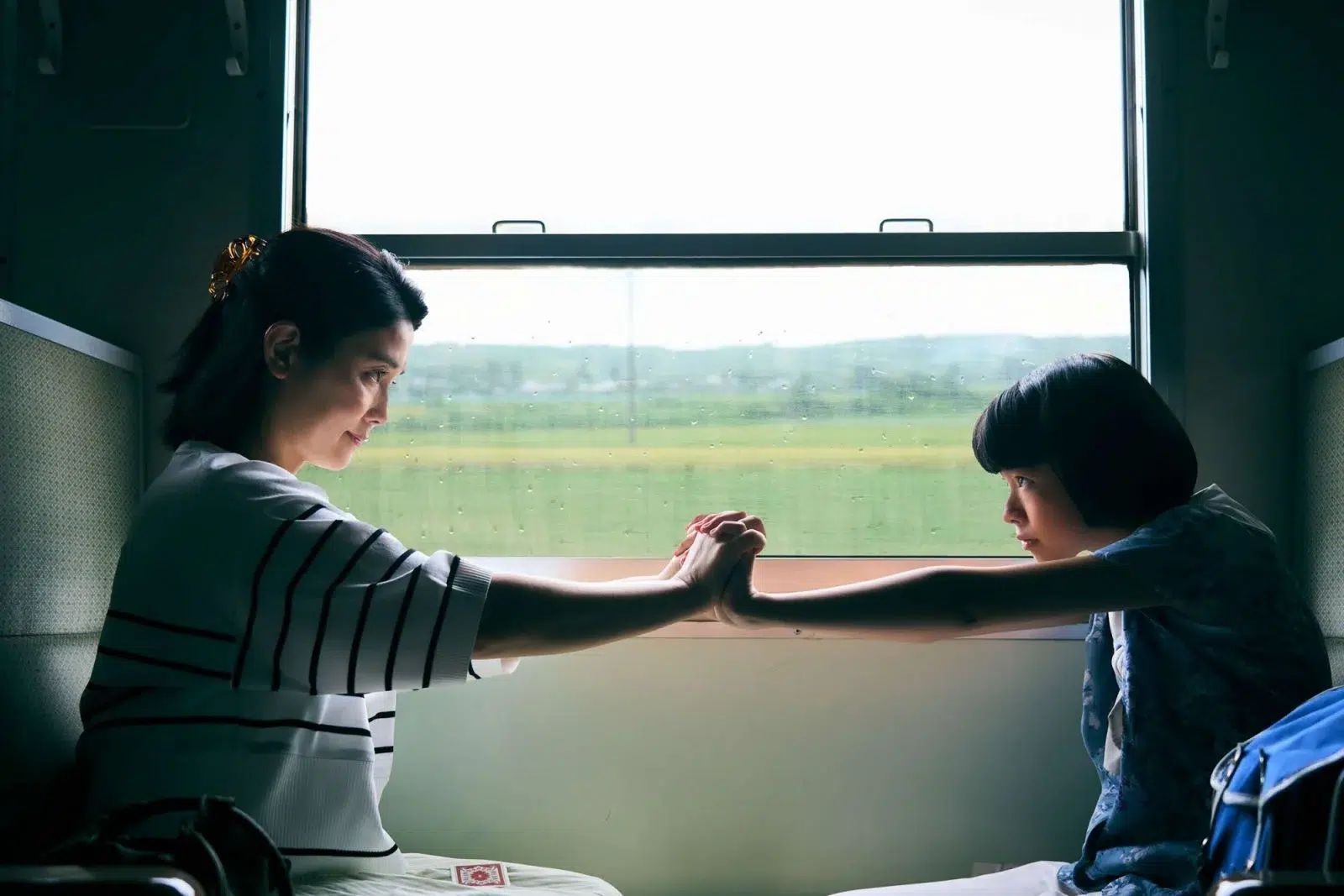
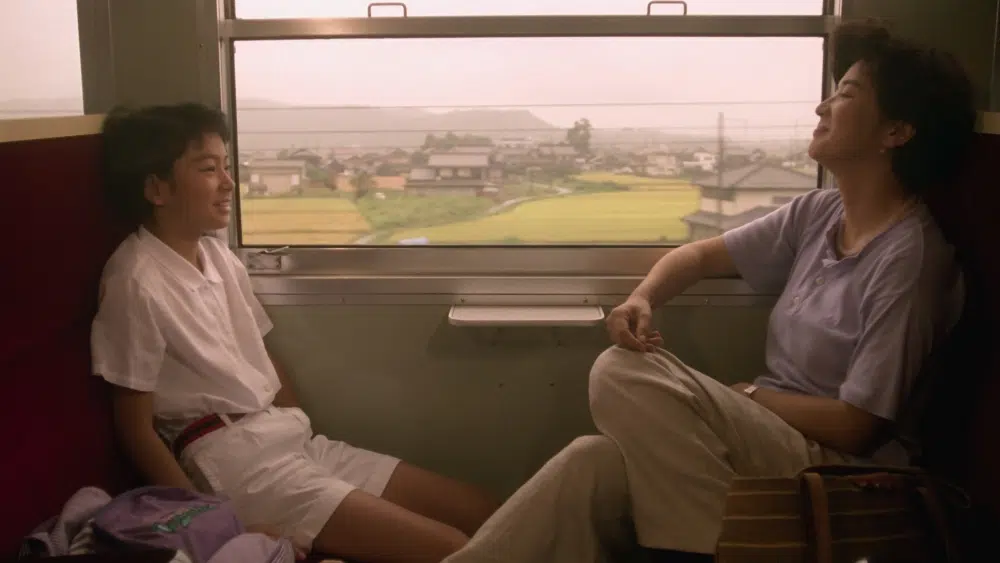
We’ve seen the approach before, in Shinji Sōmai’s Moving (1993), itself a masterful portrait of hushed childhood trauma. Renoir shares an overwhelming amount of parallels with Sōmai’s 1993 film—which follows a young girl around the same age as Fuki suffering through her parent’s divorce—and they mostly land, even if the references are at times a little louder than they need to be. Both Fuki in Renoir and Renko (Tomoko Tabata) in Moving are the same age, both played by amateur actresses, and even Fuki’s appearance, from her school uniform to her haircut, seems to be inspired by her 1993 counterpart.
Moving and Renoir’s most crucial similarity, though, is the sense that by the story’s end there’s a semblance of innocence lost. Both films tread lighter than falling leaves until their final thirds, in which their child protagonists must face themselves, embarking on spiritual journeys through the rural towns in which they reside. Stumbling through dusk (notably after-hours for a child), they chase after the safety of their parents, but instead find the sobering realisation that they’re largely in this thing on their own—the adults sure as shit don’t have it together. In Moving, Sōmai communicates this epiphany with expert precision (the film boasts one of the most resonant, soul-pounding final sequences I’ve ever had the pleasure of seeing on the big screen). Renoir doesn’t quite reach the same heights, but Hayakawa’s delicate brew of grief and innocence leaves plenty to think about after the credits roll, and hints at a filmmaker slowly but surely developing a vision of their own.





